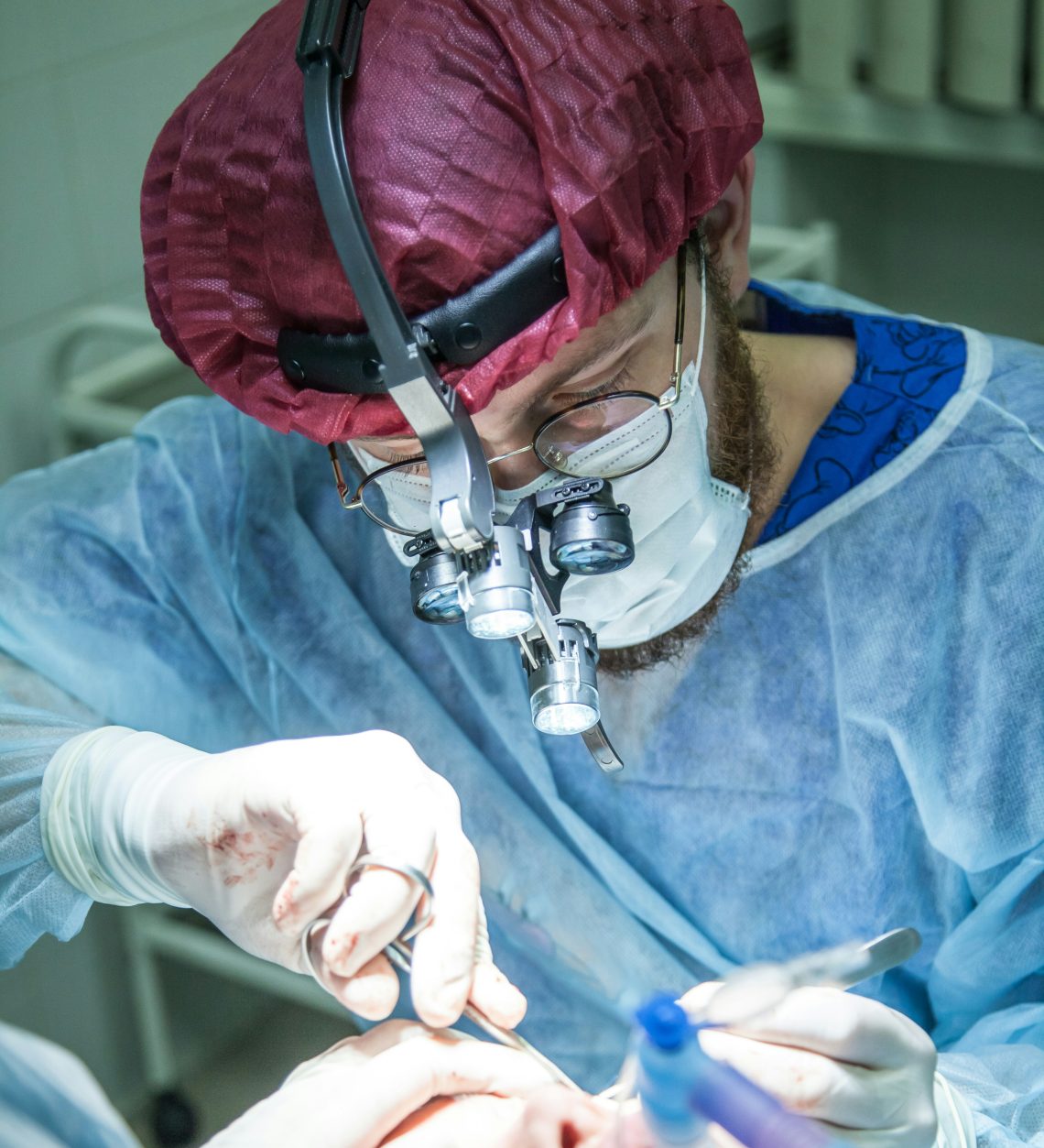Personalized Plastic Surgery
Personalized plastic surgery is the new frontier in cosmetic and reconstructive treatments, offering procedures tailored to the unique needs and goals of each patient. By considering an individual’s specific anatomical features, desired outcomes, and overall health, plastic surgeons can create a surgical plan that’s as unique as the person receiving it. With advancements in technology and techniques, specialized surgeons in settings such as trusted plastic surgery in Toronto are able to offer such personalized care.
Your journey through personalized plastic surgery starts long before the actual procedure. A comprehensive preoperative analysis allows surgeons to understand your body’s unique characteristics and to plan accordingly. This in-depth customization ensures that the chosen surgical techniques are optimized for your individual case, promising results that harmonize with your natural features. Moreover, with procedure-specific personalization, the surgical plan is refined to address your specific concerns effectively, whether it’s restoring form after trauma or enhancing appearance.
Key Takeaways
- Personalized plastic surgery plans consider the patient’s unique characteristics.
- Pre-operative analysis is crucial for tailoring surgery to individual needs.
- Surgeons aim to harmonize results with the patient’s natural features.
Pre-Operative Analysis and Customization
Before undergoing plastic surgery, a personalized approach is essential to achieving results that meet your unique needs and desires. The following subsections outline the in-depth process that ensures your procedure is tailored specifically to you.
Initial Consultation and Medical Evaluation
Your journey begins with an initial consultation, where a board-certified plastic surgeon assesses your medical history and conducts a thorough physical exam. This step is crucial as it allows your surgeon to understand your health profile and any medical conditions that could influence surgical outcomes.
- Medical History: Includes reviewing past and current health issues, medications, allergies, and previous surgeries.
- Physical Exam: A focused examination pertinent to the planned cosmetic surgery, assessing the relevant anatomy such as skin quality, bone structure, and features of the face, breasts, or other body areas.
Anatomical Considerations and Procedural Planning
Procedural planning is guided by an in-depth analysis of your anatomy. Plastic surgeons consider various aesthetic aspects:
- Facial Structure: Changes in tissue composition and skin elasticity over time.
- Breast Augmentation: Size, symmetry, and the chest wall’s foundational support.
- Body Contouring: Fat distribution, muscle tone, and skin laxity.
Each element is evaluated to design a surgical or nonsurgical procedure that aims to enhance your inherent features while maintaining natural proportions.
Psychological Assessment and Ethical Practice
A comprehensive psychological assessment is pivotal to ensure you have realistic expectations and a clear understanding of the surgical procedures involved. Ethical practice by the surgeon involves:
- Assessing your motivation and expectations.
- Ensuring you are pursuing surgery for yourself and not external pressures.
This ethical consideration ensures that the recommendations and choices align with your best interests.
Technology and Techniques in Personalization
Surgeons employ the latest technology and techniques in plastic surgery to personalize your experience. This includes augmented reality for preoperative planning and using ultrasonography to improve operative precision. These tools aid in:
- Visualizing potential outcomes.
- Refining surgical marking for optimal results.
Understanding Risks and Communicating Expectations
Transparent communication between you and your plastic surgeon is imperative to understand the risks and possible complications associated with the operation. Your surgeon will discuss:
- The inherent risks of each surgical or nonsurgical procedure.
- Post-operative complications and how to manage them.
This honest dialogue helps to set expectations and prepare you for the recovery process.
Procedure-Specific Personalization
When consulting with a board-certified plastic surgeon, they will consider your unique anatomy and desired aesthetic to personalize your treatment plan.
Facial Procedures: Adapting to Unique Features
Facial procedures require a detailed understanding of your distinctive facial features. A facial plastic surgeon may recommend a facelift to address sagging skin, while rhinoplasty is designed to reshape your nose to better complement your face. For aging eyes, blepharoplasty (eyelid surgery) and a brow lift can rejuvenate your appearance. Each procedure is tailored, ensuring natural and harmonious results.
Breast Procedures: Tailoring to Individual Needs
Your surgeon will personalize breast surgeries to match your body frame and personal goals. Breast augmentation enhances breast size and shape, while a breast reduction is aimed at alleviating discomfort from overly large breasts. A breast lift may be suggested to restore a youthful contour, and breast reconstruction post-mastectomy focuses on recreating a natural-looking breast.
Body Procedures: Contouring and Enhancement Strategies
For body contouring, techniques such as liposuction remove excess fat, and an abdominoplasty, or tummy tuck, tightens abdominal muscles and skin. A mommy makeover generally combines multiple procedures such as breast and abdominal surgeries to address changes post-pregnancy. Each strategy is chosen based on your body type and desired outcomes, striving for a balanced and proportional look.
Conclusion
Your personalized plastic surgery journey is unique, shaped by individual factors like age, lifestyle, and personal goals. Surgeons use their expertise to tailor procedures, ensuring safety and satisfaction. Remember, successful outcomes hinge on a personalized approach and realistic expectations.



